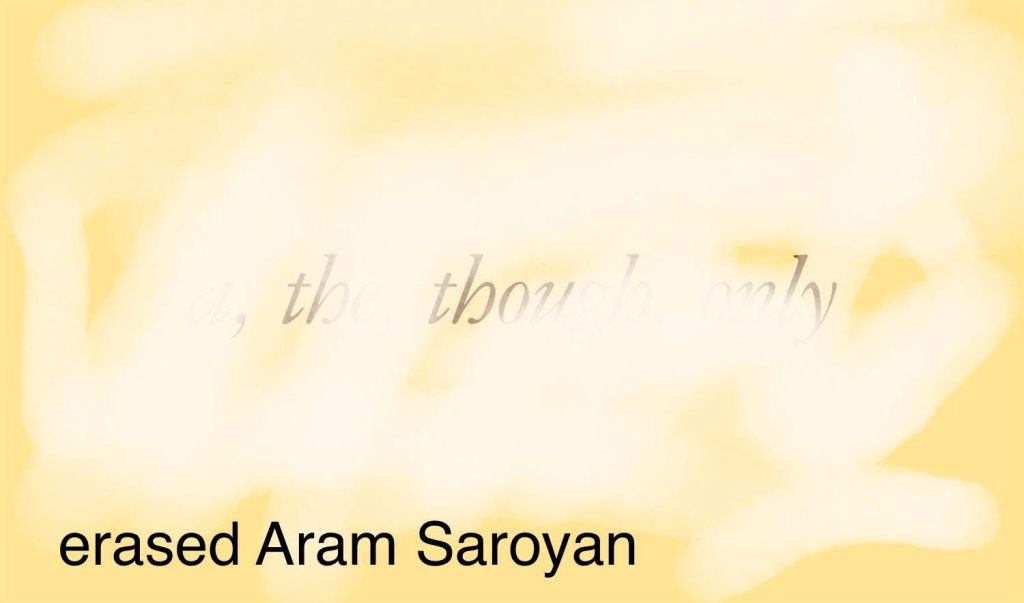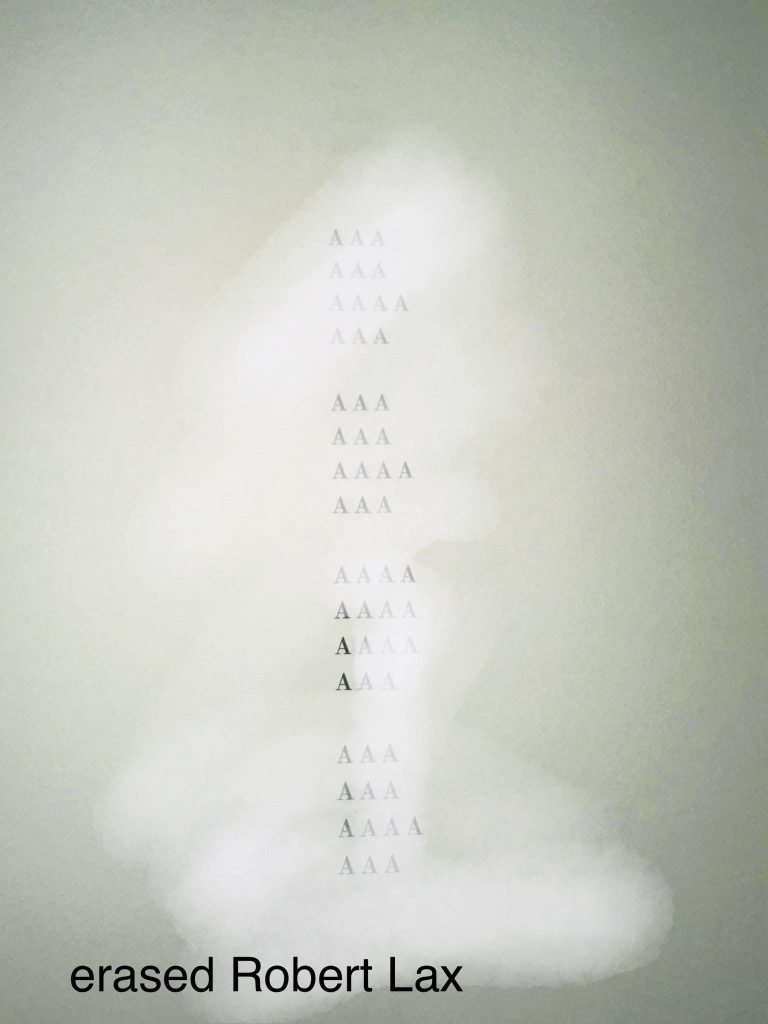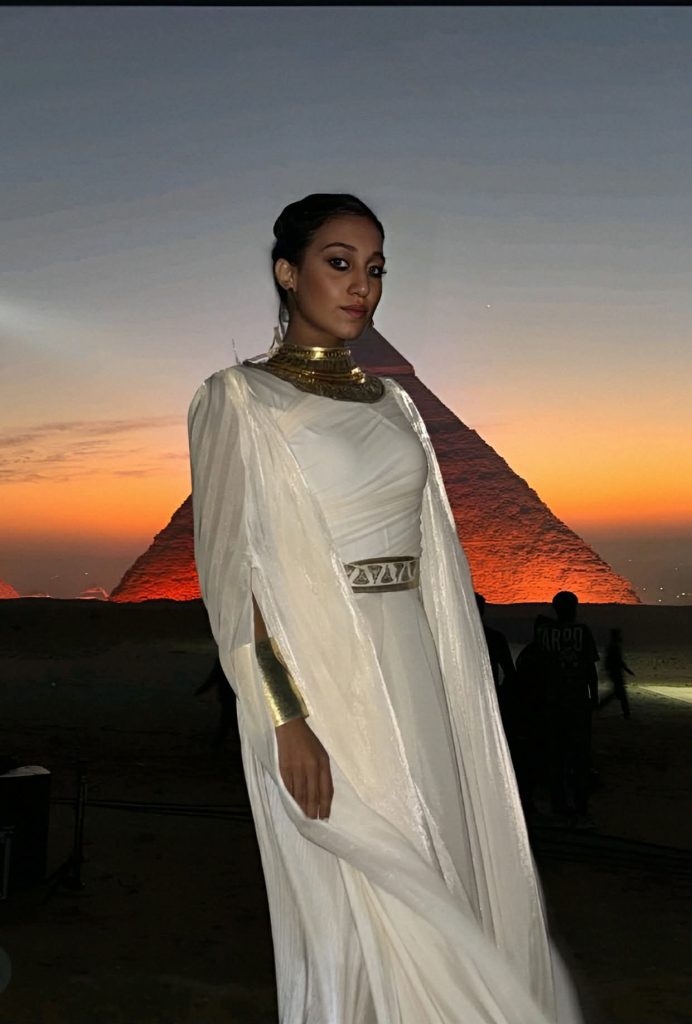
Ode to 2026: Harbinger of Hope
Dr. Ratan Bhattacharjee
I
Hail to thee, O year of light,
You rise to banish the lingering night.
From weary hearts new dreams shall grow,
Your dawn proclaims what all shall know.
Hail to thee, 2026, Harbinger of Hope,
Guide us onward, teach us to cope.
II
The past lies silent, its burdens cast,
You bring renewal, a future vast.
Injustice trembles, despair takes flight,
You crown the world with courage bright.
Hail to thee, 2026, Harbinger of Hope,
Guide us onward, teach us to cope.
III
The children’s laughter rings clear and strong,
The elders join in a timeless song.
Nations awaken, their voices free,
You weave their dreams in unity.
Hail to thee, 2026, Harbinger of Hope,
Guide us onward, teach us to cope.
IV
No tyrant’s shadow shall dim your flame,
You etch on history a noble name.
With love and justice your banners rise,
A brighter world beneath your skies.
Hail to thee, 2026, Harbinger of Hope,
Guide us onward, teach us to cope.
V
So march we forward, hand in hand,
Across the seas, through every land.
Your promise shines, our spirits soar,
Hope reborn forevermore.
Hail to thee, 2026, Harbinger of Hope,
Guide us onward, teach us to cope.







